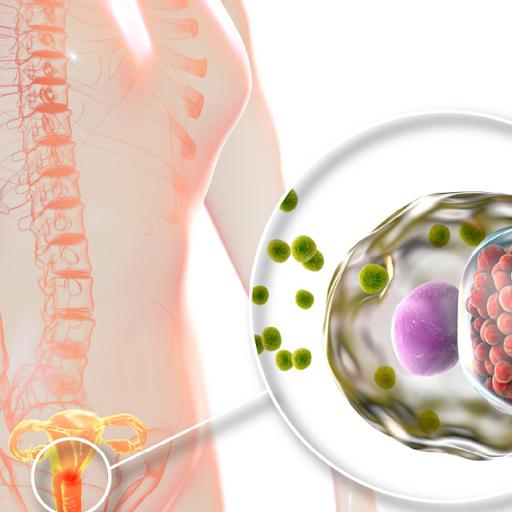Sexually Transmitted Diseases
Presentations | English
Sexually transmitted infections (STIs), also referred to as sexually transmitted diseases (STDs) and the older term venereal disease, are infections that are spread by sexual activity, especially vaginal intercourse, anal sex and oral sex. STIs often do not initially cause symptoms, which results in a risk of passing the infection on to others. Symptoms and signs of STIs may include vaginal discharge, penile discharge, ulcers on or around the genitals, and pelvic pain. Some STIs can cause infertility. Bacterial STIs include chlamydia, gonorrhea, and syphilis. Viral STIs include genital herpes, HIV/AIDS, and genital warts. Parasitic STIs include trichomoniasis. STI diagnostic tests are usually easily available in the developed world, but they are often unavailable in the developing world. Some vaccinations may also decrease the risk of certain infections including hepatitis B and some types of HPV. Safe sex practices, such as use of condoms, having a smaller number of sexual partners, and being in a relationship in which each person only has sex with the other also decreases the risk of STIs.

66.00
Lumens
PPTX (22 Slides)
Sexually Transmitted Diseases
Presentations | English
